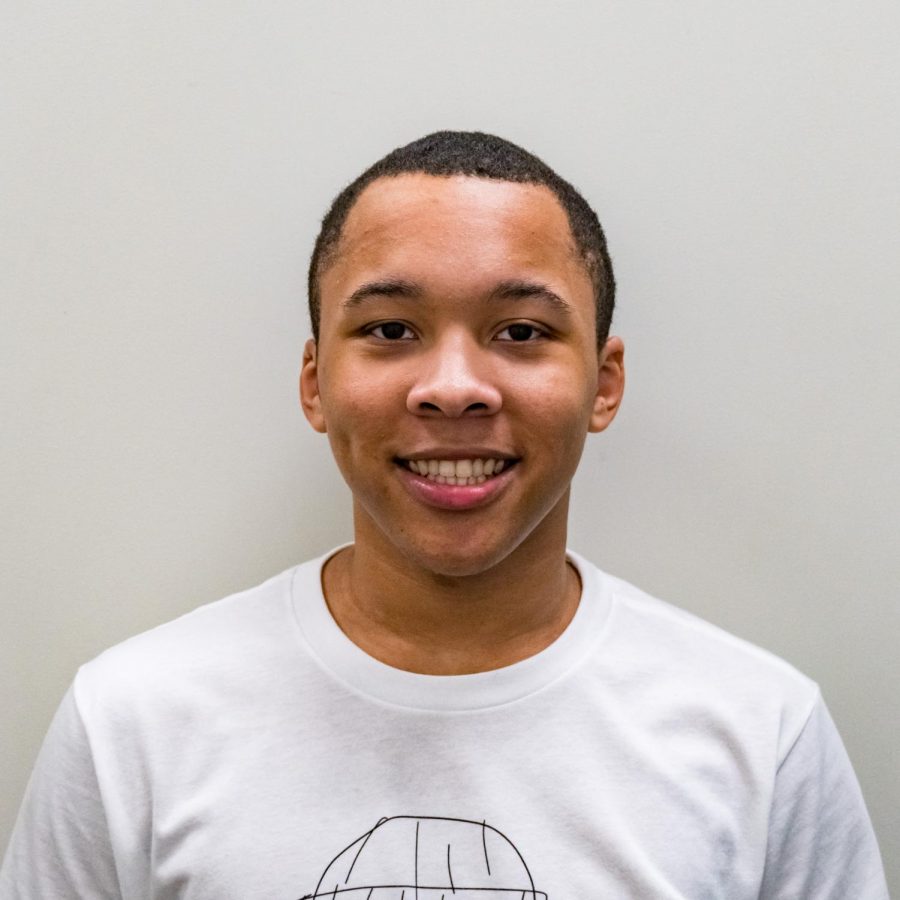For the majority of college students, stress is never far away. Academic and extracurricular obligations can prove difficult to manage at times. But what if you were thrown in a lion’s den without ever realizing it? This analogy, though hyperbolic, is a reality for many first-generation students, as they have been systemically underprepared for the stress and culture of higher education. The current treatment of first-generation students is shy of acceptable and requires more refined methods of support. While I myself am not a first-generation student, this issue undoubtedly affects members of our community, making it worthy of everyone’s discussion and recognition.
While diversity is now a priority for universities, prior to the mid-1960s, the landscape of higher education in the United States was, for the most part, monolithic and exclusive. The notion of diversity to which many institutions now cling was essentially nonexistent, and the nation’s first universities were founded with one target demographic — white, male and wealthy.
Fast forward to the 21st century, and higher education in the United States has been significantly restructured. Affirmative action and the expansion of federal aid programs have given marginalized students increased access to postsecondary institutions. For many of these students, they are the first members of their family to attend college.
That said, first-generation students are now facing new social and academic pressures, stemming from the behavior of prior generations and collegiate institutions. In order to understand the real-world implications of this stress, I sat down with CAS sophomore Bianny Magarin, the co-founder of NYU’s First-Generation Low-Income Partnership. FLIP is a safe space for first-generation and low-income students to engage in open dialogue surrounding socioeconomic class, education access and future strides to aid their community.
Magarin acknowledges that every student faces academic and societal pressures, but believes there is a kind of pressure specific to first-generation students.
“There’s this need to succeed and be the best in your entire family,” she said. “Your family sets this expectation for you to become that doctor or lawyer and have this very professional career after college, making you feel the need to succeed based on your parents’ sacrifices.”
In the eyes of first-generation students, failure feels like it would be a slap in their parents’ faces. The expectations and risks associated with being a first-generation student manifest in the form of constant stress, social exclusion and self-deprecation. These pressures negatively impact students’ self-esteem and drive, detracting from their academic responsibilities.
Magarin continued to describe the pressures placed on first-generation students by referencing imposter syndrome — a collection of feelings of inadequacy that persist despite evident success. Essentially, first-generation students feel an overwhelming sense of not belonging at elite universities because of their background and socioeconomic status.
These students cannot expect their parents to understand the culture of higher education institutions, as they were systemically barred from attending. This pressure is then compounded by the fact that many universities offer limited or misguided means of support.
Here at NYU, we have several programs for first-generation students and their families, including the FOCUS Mentorship Program, CAS’s Proud to Be First and the Wasserman Center’s First Class program. Many of these initiatives are specifically geared toward professional development. Though useful, these programs focus on the very topic which causes first-generation students the most stress — academic and professional achievement.
By focusing mainly on career and professional development, NYU and other schools are providing a superficial avenue of support for students who are affected by deep-seated issues within higher education. It would be more beneficial to offer services to first-generation students that help them with the transition to higher education. With first-generation students comprising 19 percent of NYU’s student body, it’s only sensible to expect an institution to cater to the needs of its students — not only professionally, but also personally. It’s hard to focus on internships and networking when you’re already playing catch-up.
“At What Cost?” is a testimony-based column which takes the lived experiences of NYU students and connects them to broader societal challenges. As much as we’d like to view NYU as a utopian “safe space,” our fellow students are forced to make difficult choices every day — this is our opportunity to unpack them.
Dyshere Logan is a sophomore at the Stern School of Business studying Finance and Sustainable Business. Email Dyshere at [email protected].
A version of this article appeared in the Monday, Oct. 29 print edition.
Opinions expressed on the editorial pages are not necessarily those of WSN, and our publication of opinions is not an endorsement of them.























































































































































